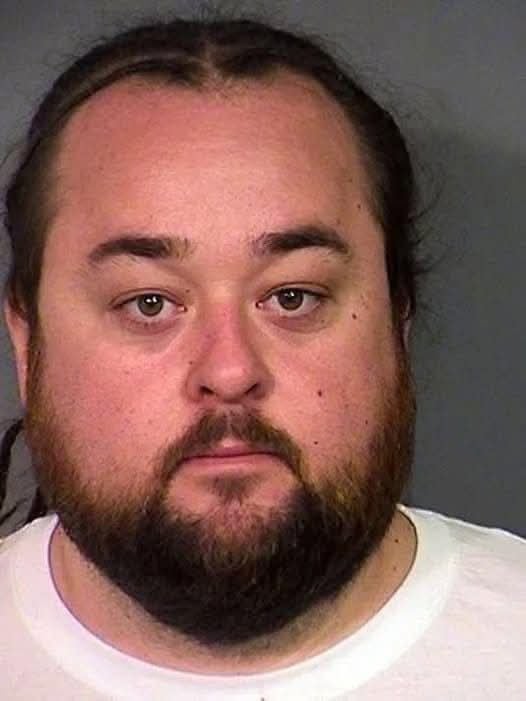Chumlee, one of the most recognizable faces from the hit series Pawn Stars, is facing one of the most difficult periods of his personal and legal life. After a raid conducted in March at his Las Vegas home, authorities discovered drugs and firearms, triggering an extensive investigation and casting uncertainty over his professional future. Now, Austin Lee Russell, 33, known worldwide as Chumlee, is considering accepting a plea deal in an effort to avoid more serious criminal consequences.
According to the terms of the proposed agreement, he will plead guilty to “attempted possession of a controlled substance,” a far lighter charge compared to what he could have faced initially. As part of the deal, Chumlee agrees to forfeit all items seized during the raid, including the narcotics and firearms found on his property. In addition, he will serve a three-year probation period during which he must also undergo substance-abuse treatment as part of his rehabilitation requirements.
Although a felony weapons charge will remain on the record, it will not immediately result in further penalties as long as he successfully completes probation. This means that if Chumlee follows every rule, avoids violations, and finishes the probationary period without incident, the case may be closed without moving forward and the charge may eventually be dismissed. However, if he fails to meet any condition, the situation could shift dramatically: the charges may be reactivated, and he could face a prison sentence of up to five years.
The entire case has drawn significant public attention, as Chumlee has been part of one of the most-watched television shows in the United States for years. His humor, open personality, and familiar presence at the iconic Las Vegas pawn shop have made him a beloved figure on the show. For fans and viewers, the news came as a shock, raising concerns about his future on television and the impact this legal trouble may have on his public image.
Still, despite the seriousness of the situation, the plea deal gives him an important opportunity to avoid jail time and take steps toward personal recovery. If he complies with all the requirements, this process may conclude without irreversible damage to his life. But any misstep could push him toward the maximum five-year prison sentence, dramatically altering his future.
